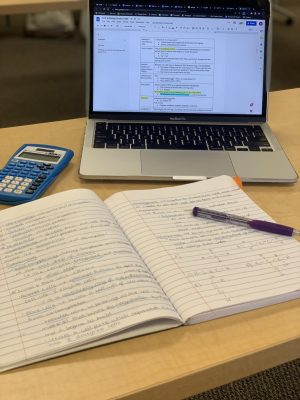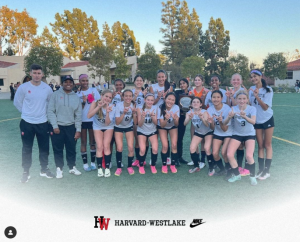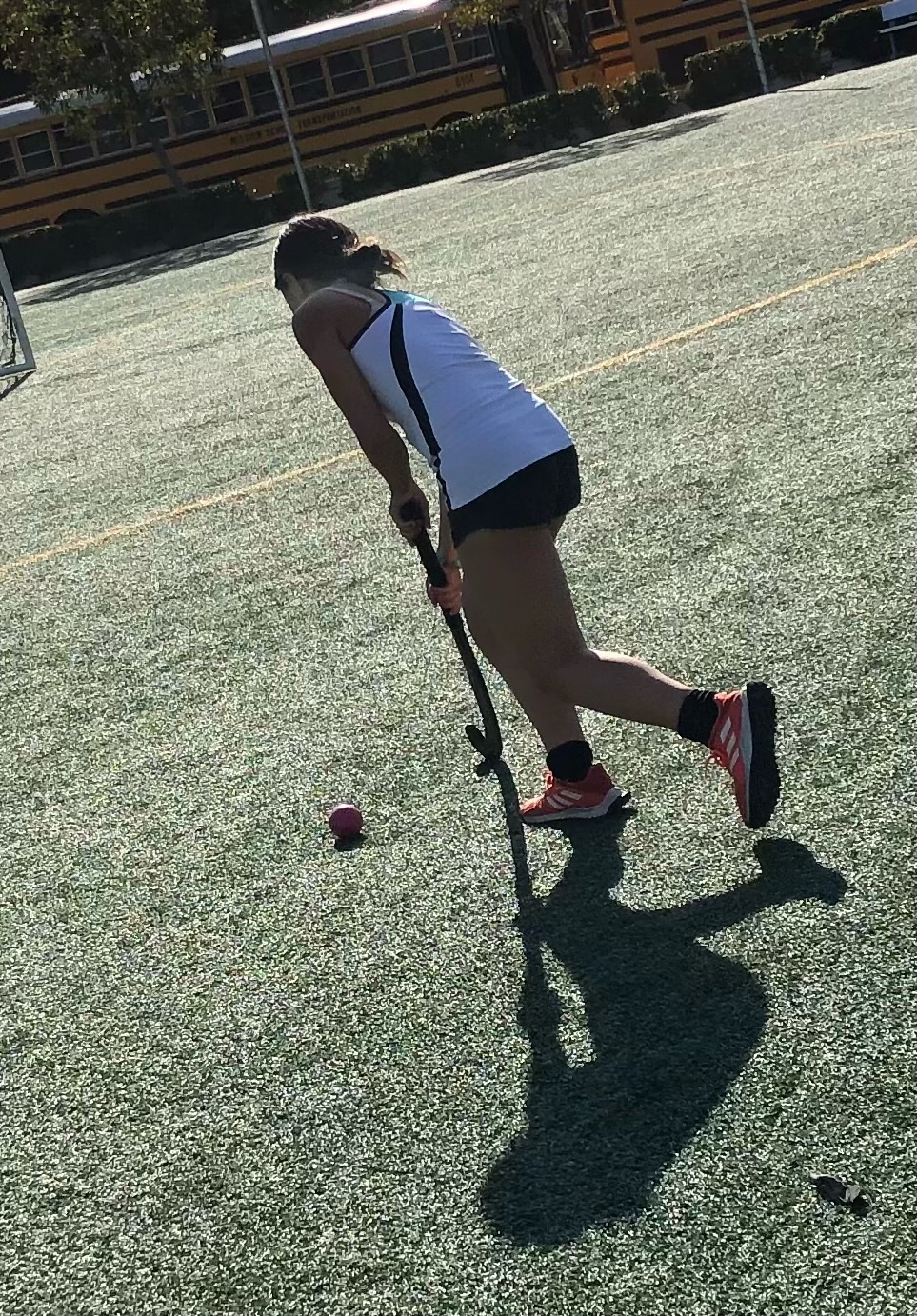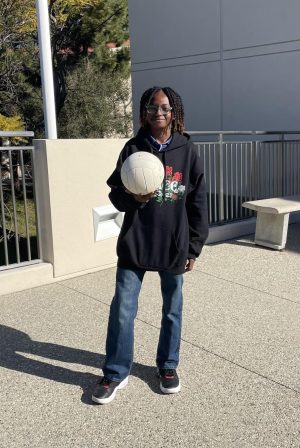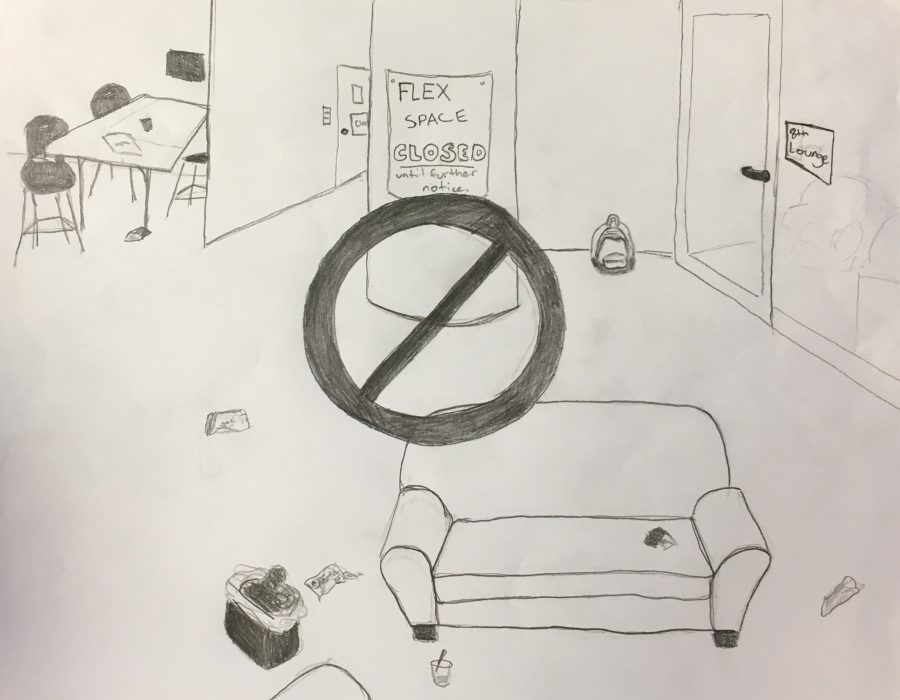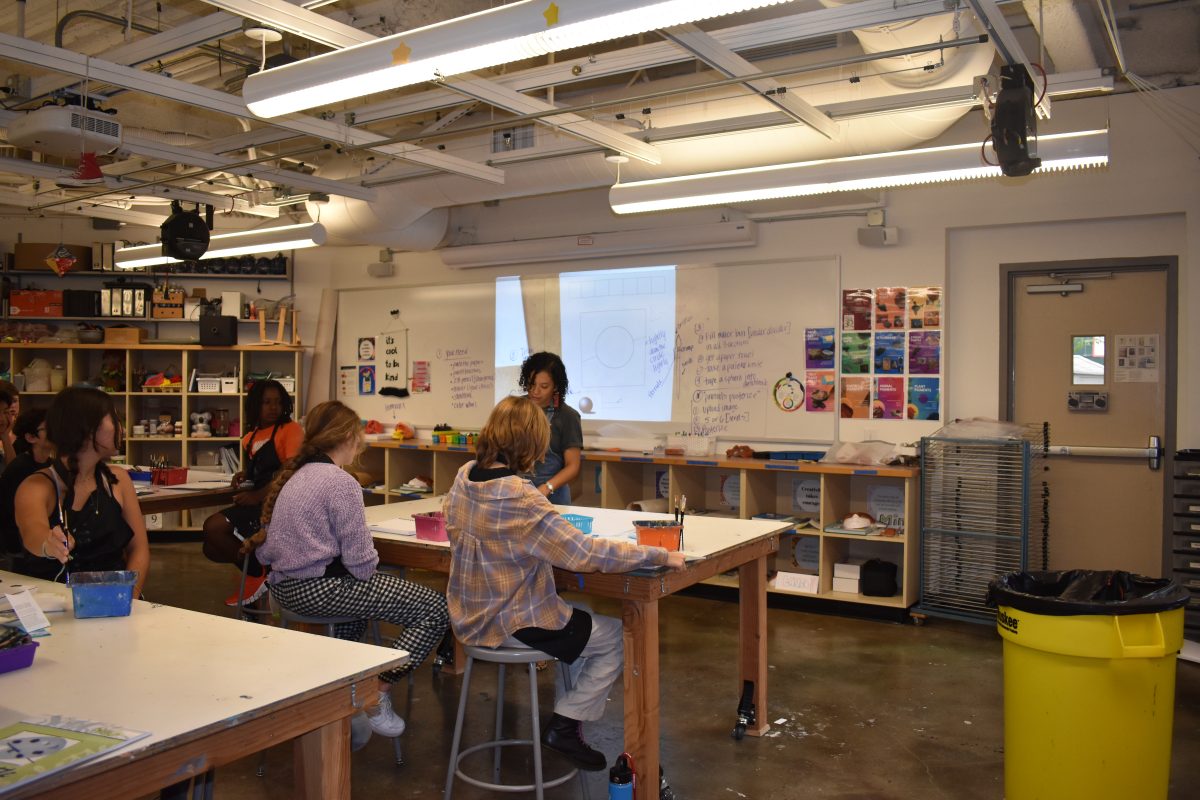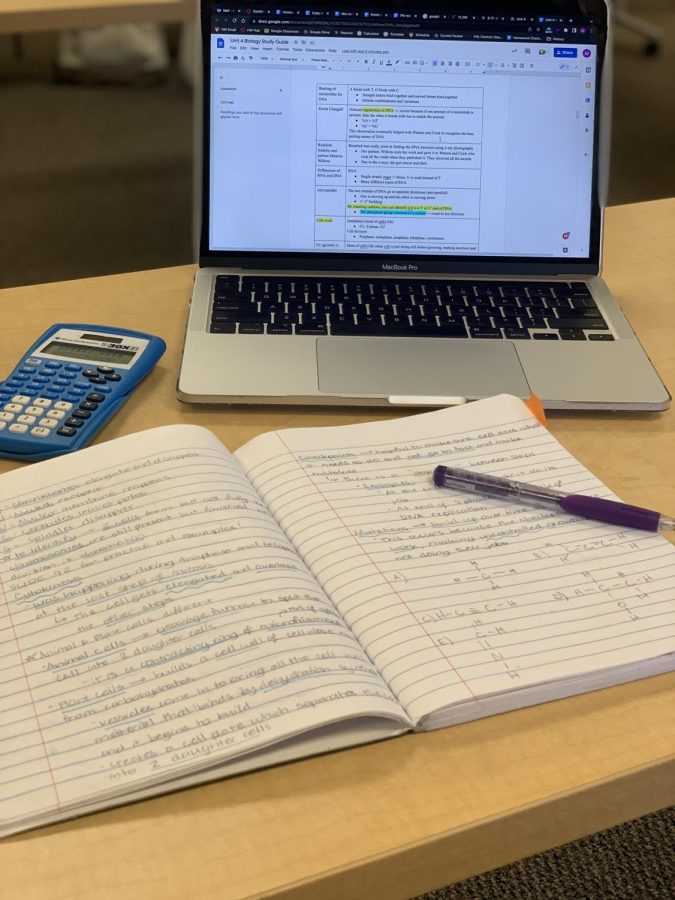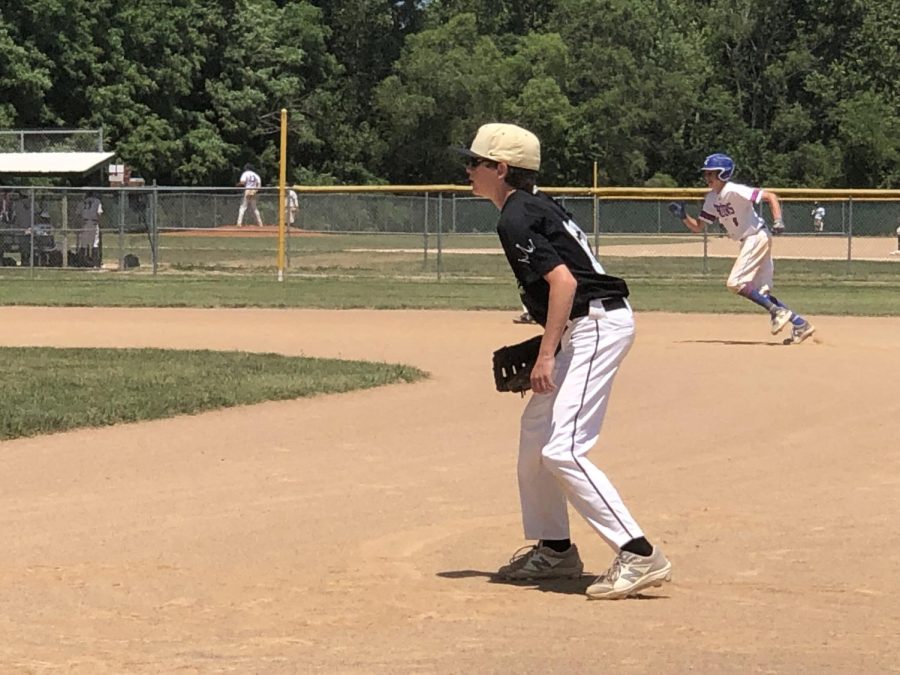Examining strategies for keeping campus spaces clean
By Tessa Augsberger ’22 and Caroline Jacoby ’22
During free time students are often found in their grade level’s lounge or the flex space, areas designed for students to work while interacting with their peers. However, when noise levels, excess leftover food and online distractions get in the way of a student or teacher’s ability to concentrate in that designated space or in a classroom nearby, these convenient areas are closed for long periods of time. Last year, the Wang Hall flex space was closed for most of the school year, and there were restrictions put on the back area of the seventh grade lounge. The ninth grade lounge and locker area and the flex space have already been closed and reopened within the first quarter of the school year. Closing these study spaces for extended periods of times is ineffective. Instead of quarter-long or semester-long flex space and lounge closures, shorter and less-frequent closures should be mandated, or other alternatives to closures should be put into action.
Though students seem to think that the recent flex space closure was effective and that it will not happen again, the eighth grade deans are considering taking away the flex space if the current levels of excess noise, food and gaming continue.
The deans discussed how the purpose of these spaces is to work and socialize, but when the spaces are disrespected by excess noise levels or food and drink mess despite restrictions, they are closed. The deans want these spaces to be available for those who want to work. Deans are concerned that the lounges and flex space are being used for purposes other than occasional socializing and studying. The food mess, gaming and noise in these spaces are unfair to the adjacent classrooms because it distracts students from their work and makes it harder for the teachers who use them.
It is understandable that too much yelling, food wrappers/waste, gaming and videos are not allowed in these areas because the main purpose of the lounges and flex space is to study, and the classes nearby need to work efficiently. However, closing them for an extensive time period does not create the effects that the deans had intended.
For example, in the time following the flex space closure, the deans have allowed students to use it again, but this space could be taken away if students disrespect school rules. Taking a useful work space away from all students is not an adequate consequence because the collective punishment impacts students who were not causing the problem. These spaces are also useful for students who want a space to get work done and socialize with peers. Other options should be considered beyond banning these workspaces altogether. Some ideas include faculty or student monitors or activity-directed restrictions. One such restriction could be that computers would be limited in an area where students have been distracted by gaming and videos. Another example is that food prohibitions in school buildings could be better enforced. Other, more extreme options include more heavily monitored video cameras or structurally redesigned areas so that deans can keep a closer watch on students. These structural alterations could vary from taking down the wall between the flex space and eighth grade lounge to adding more windows to student lounge areas.
The most reasonable options for the school to enforce are shorter, more-strictly enforced closures with student or faculty monitors. If students are not working or being respectful of school rules in these areas, the student or faculty monitors would keep behavior in check. Though students might not appreciate being told off by their peers, a more organized system and students encouraging others to follow these rules would be effective, would give students a chance to improve themselves when they have done something wrong and would be a less severe and more resourceful alternative. Additionally, week-long or other short length closures of these spaces teach students to behave themselves better because the closures give students the chance to alter their behavior before the lounges and flex space are permanently closed.
If these designated student spaces are closed for lengthy periods of time, students are unable to prove that they have reflected upon and improved their behavior. If one of these other alterations are put in place, students will learn a lesson of responsibility as well because they will be given an opportunity to rectify their mistakes and to respect school rules.
Though there are consequences to negative actions, it would be most helpful to the student body and the school if the lounges and flex space had quick and strictly enforced closures or more faculty and student monitors in order to ensure that these areas are being properly used.
